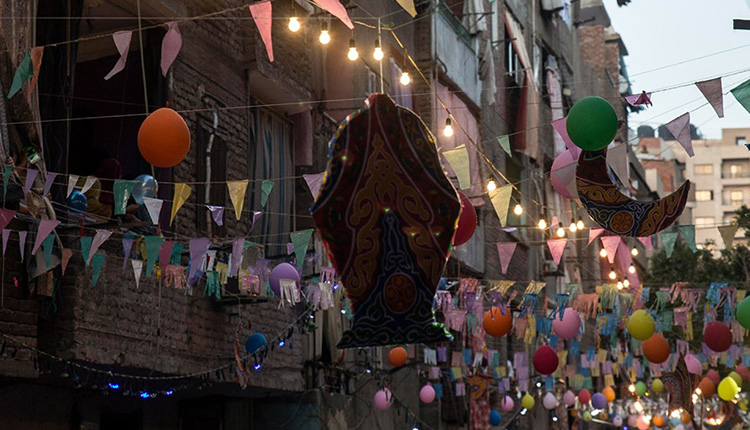The World Health Organisation (WHO) issued on Saturday guidelines for the holy month of Ramadan that begins on April 23 in the context of the ongoing coronavirus pandemic.
Amid the coronavirus outbreak, with strict social distancing norms in place in several countries, the Organisation advised that several steps should be followed during Ramadan to mitigate the impact on public health.
It recommended that cancelling social and religious gatherings is a must when the pandemic has infected more than 2 million people around the world.
“A standardised risk assessment exercise must be followed while taking a decision to either modify or cancel, or proceed with holding a mass gathering,” said the WHO guidelines.
“Health authorities across the globe have been directed to take a comprehensive approach towards the ongoing pandemic. Instead of the mass gatherings, virtual alternatives can be adopted, for example, using mediums such as television, radio or the internet.
The WHO also said religious leaders should be involved early in decision making, so that they can be actively engaged in communicating any decision affecting events connected with Ramadan.
It also recommended that people should practise physical distancing by maintaining a distance of at least one metre at all times.
“To avoid physical contact, other means of greeting can be adopted such as waving, nodding or putting the hand over the heart. Unwell and old people should take extra precautions and avoid attending any gathering whatsoever.
Those with pre-existing medical conditions such as hypertension/diabetes have also been asked to avoid events,” the WHO added.
The Organisation said that any gathering during Ramadan should be held in an outdoor setting and that smaller services with fewer people should be preferred over large gatherings.
“In case an ill person is identified at an event, immediate contact tracing must be facilitated,” it said, also laying down several other measures to be followed — all attendees ensuring proper physical hygiene such as hand washing, both inside and outside mosques; the presence of covered dustbins at venues to ensure safe disposal of tissues; regular cleaning of mosques and premises; and regular sanitisation of frequently touched objects such as light switches or staircase railings.
The WHO said that physical distancing must also be practised while offering ‘zakah’, or charity, to the needy. Instead of organising ‘iftar’ banquets, packed food must be served, it added.
Although no studies have been performed on relating fasting with COVID-19, those infected with the virus must consult a doctor while keeping or breaking a fast, said the WHO.
“A healthy diet must be followed and one should keep himself/herself hydrated at all times. Fresh food items and plenty of water has been recommended to those fasting during this period,” it said.
“Frequent smokers are at serious risk of COVID-19 and hence have been asked to avoid tobacco usage. In case of domestic violence, which is likely to take place during the lockdown, religious leaders have been advised to actively speak out against violence and provide support to the victims.”


